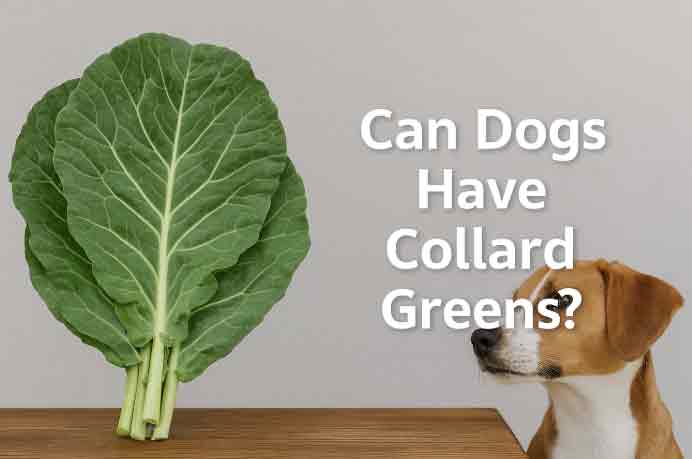Is Egg Shell Good for Dogs?
Eggshells are often discarded as waste in many households, but did you know they can actually provide a range of health benefits for dogs? Many pet owners wonder whether feeding eggshells to their dogs is safe and beneficial. In this article, we will explore whether eggshells are good for dogs, their nutritional value, potential risks, and how to properly incorporate them into your dog’s diet.
Nutritional Benefits of Eggshells for Dogs
Eggshells are packed with essential nutrients that can contribute to your dog’s overall health. Here are some of the key nutrients found in eggshells:
1. High in Calcium
One of the most significant benefits of eggshells is their high calcium content. Calcium plays a vital role in maintaining strong bones and teeth, aiding in muscle function, and supporting nerve signaling. If a dog’s diet lacks sufficient calcium, it can lead to brittle bones, weakness, and other health problems.
2. Rich in Other Minerals
In addition to calcium, eggshells contain other essential minerals, including:
- Magnesium – Supports muscle and nerve function.
- Phosphorus – Helps with bone and teeth formation.
- Strontium – Plays a role in bone metabolism.
- Fluoride – Aids in dental health.
3. Supports Joint Health
Eggshell membranes (the thin layer inside the shell) contain compounds like collagen, glucosamine, chondroitin, and hyaluronic acid, which are beneficial for joint health. These compounds can help dogs with arthritis or joint pain by reducing inflammation and improving mobility.
Is It Safe for Dogs to Eat Eggshells?
Generally, eggshells are safe for dogs when prepared properly. However, there are a few considerations to keep in mind:
1. Risk of Choking or Digestive Issues
Whole eggshells can be sharp and may pose a choking hazard, especially for small dogs. Large pieces of eggshell can also be difficult to digest. The best way to prevent this is to grind the eggshells into a fine powder before adding them to your dog’s food.
2. Bacterial Contamination
Raw eggshells can carry bacteria like Salmonella, which can be harmful to both dogs and humans. To minimize the risk, always wash the eggshells thoroughly and bake them at a low temperature (around 250°F or 120°C) for 10-15 minutes to kill any bacteria before grinding.
3. Calcium Overload
While calcium is essential for dogs, too much of it can be harmful. Excess calcium in the diet can cause imbalances and may lead to kidney stones, improper bone growth in puppies, or other health issues. Always consult your veterinarian before adding eggshells to your dog’s diet, especially if your dog is already on a balanced commercial diet.
How to Prepare Eggshells for Dogs
If you want to feed your dog eggshells, it is important to prepare them correctly to ensure safety and digestibility. Follow these simple steps:
Step 1: Clean the Eggshells
After using the eggs, rinse the shells thoroughly to remove any remaining egg white or yolk.
Step 2: Bake the Eggshells
Place the cleaned eggshells on a baking sheet and bake them at 250°F (120°C) for 10-15 minutes. This step helps to kill any bacteria and makes the shells easier to grind.
Step 3: Grind the Eggshells
Once the eggshells have cooled, grind them into a fine powder using a blender, coffee grinder, or mortar and pestle. The finer the powder, the easier it will be for your dog to digest.
Step 4: Store the Powder
Store the eggshell powder in an airtight container in a cool, dry place. You can sprinkle a small amount (about 1/2 teaspoon per 10 pounds of body weight per day) over your dog’s food as a calcium supplement.
How Much Eggshell Should You Give Your Dog?
The amount of eggshell powder a dog needs depends on their size and dietary calcium intake. Here’s a general guideline:
| Dog Weight | Eggshell Powder Amount |
|---|---|
| Small dogs (10-20 lbs) | 1/4 teaspoon per day |
| Medium dogs (20-50 lbs) | 1/2 teaspoon per day |
| Large dogs (50+ lbs) | 1 teaspoon per day |
If your dog is already consuming a commercially balanced diet, additional calcium supplementation may not be necessary. However, if they are on a homemade diet, eggshells can be an excellent natural calcium source.
Alternative Calcium Sources for Dogs
If you are looking for other natural calcium sources besides eggshells, consider the following:
- Bone broth – Rich in calcium, collagen, and essential minerals.
- Raw meaty bones – Such as chicken necks or beef ribs (only under supervision).
- Dairy products – Like plain yogurt or cheese (in moderation).
- Leafy greens – Such as kale and spinach (although in small amounts).
When Should You Avoid Feeding Eggshells to Your Dog?
While eggshells offer numerous benefits, they may not be suitable for all dogs. Avoid giving eggshells to your dog if:
- They have kidney disease – Too much calcium can worsen kidney problems.
- They have a history of bladder or kidney stones – Excess minerals may contribute to stone formation.
- They are a young puppy – Large amounts of calcium can interfere with proper bone development in growing puppies.
- They have dietary restrictions – If your vet has advised a specific diet, consult them before adding eggshells.
Final Thoughts: Should You Feed Your Dog Eggshells?
So, is eggshell good for dogs? Yes, when prepared correctly and fed in moderation, eggshells can be a valuable source of calcium and essential minerals. They are especially beneficial for dogs on a homemade diet or those needing extra calcium for bone and joint health.
However, it is crucial to ensure proper preparation (cleaning, baking, and grinding) to avoid potential health risks. Always consult your veterinarian before adding any new supplements to your dog’s diet to ensure their nutritional needs are met safely.
By following these guidelines, you can use eggshells as a natural and cost-effective way to support your dog’s overall health!







